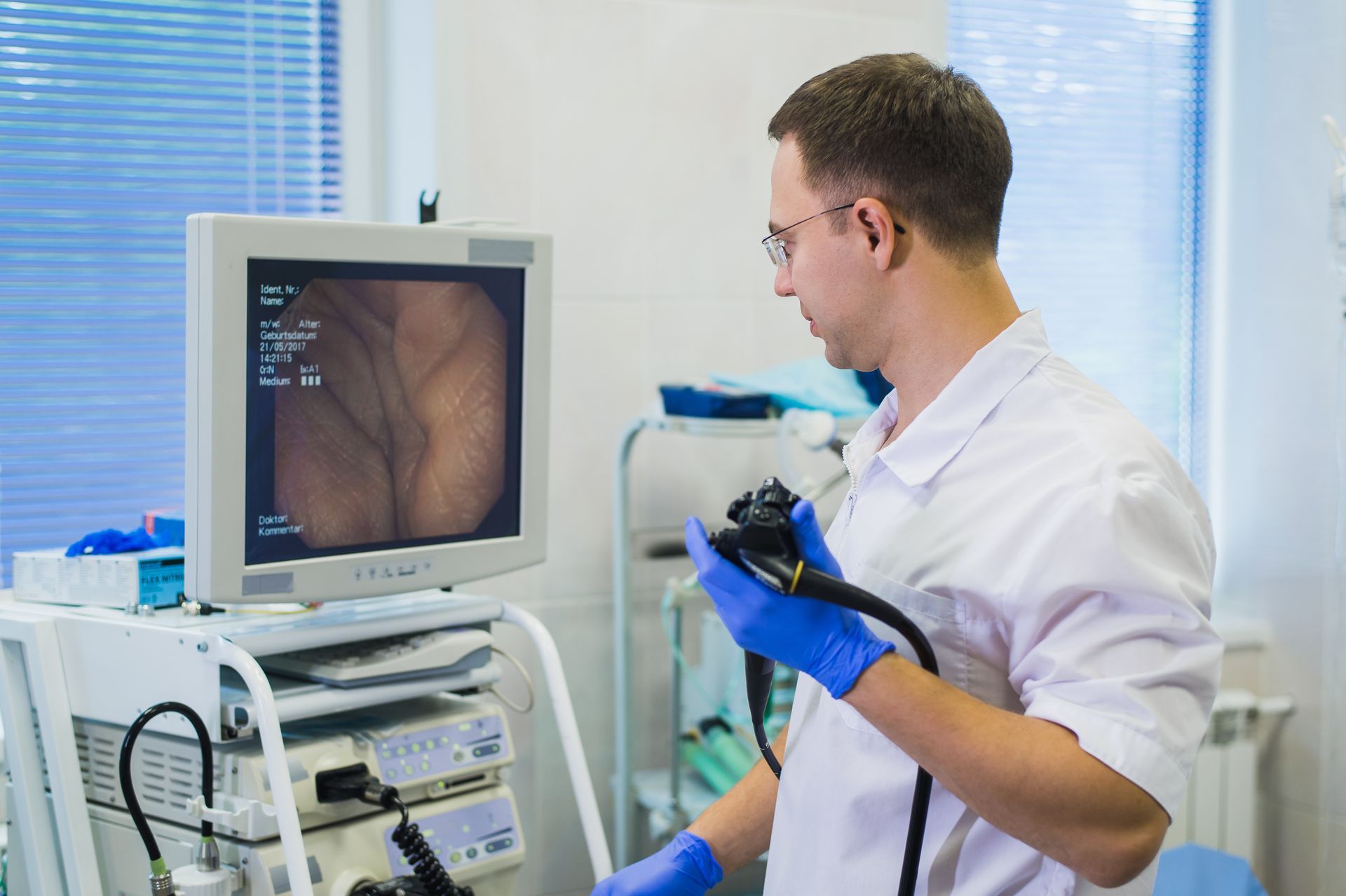Signs, Symptoms, and Treatment of Lactose Intolerance
Got milk? A famous tag line made popular with athletes, actors, and models promoted the American Dairy Council in the late 1990s. This iconic campaign made it cool to have a milk mustache. However, if you happen to be lactose intolerant, a milk mustache is the last thing you’d want. Lactose is the natural sugar that is found in dairy products. If your body is unable to break down this sugar, you have a condition known as lactose intolerance.
What Causes Lactose Intolerance?
If your body is incapable of creating the necessary amount of lactase, it cannot break down lactose. Lactase is an enzyme supplied by the small intestine. When this occurs lactose cannot be digested and is moved to the large intestine. Undigested lactose along with bacteria found in the large intestine creates uncomfortable symptoms. These symptoms are cause by a lactase deficiency or lactose intolerance.
What Are the Symptoms of Lactose Intolerance?
Many symptoms related to lactose intolerance display as discomfort. While they typically subside over a few hours, these are a few signs that you may suffer from lactose intolerance.
- Constipation – Fermented lactose can produce methane gas. This gas slows down the time it takes for food to move through your digestive tract.
- Diarrhea – If you are lactose intolerant, the amount of water in your colon can easily increase. This enhanced water level can increase the stool and liquid volume in your gut. This condition along with the enhanced fermentation can make diarrhea more likely.
- Bloating – Increased water and gas in the colon can cause a bloated feeling.
- Excessive Gas – Once lactose ferments in your stomach it creates methane, hydrogen, and carbon dioxide. These elements increase flatulence.
- Stomach Pain – Cramps in the lower abdomen are caused by a combination of gas and water in the colon.
How Do You Diagnose Lactose Intolerance?
Based on the symptoms listed above, there are a number of ways to confirm if you are indeed lactose intolerant.
- Hydrogen Breath Test – The hydrogen breath test will have you drink a liquid with a large amount of lactose. After you finish, your doctor will measure the amount of hydrogen in your breath. If you are lactose intolerant you will have elevated levels of hydrogen. This is due to the fermenting lactose in your colon that releases hydrogen and other gasses. Large traces of hydrogen indicate that you aren’t capable of fully of absorbing and digesting lactose.
- Lactose Tolerance Test - For this test you will drink a solution that contains high levels of lactose. Two hours after drinking you’ll have your blood tested to determine your glucose level. If you’re body isn’t processing and absorbing the lactose, your glucose level won’t increase.
- Stool Acidity Test – A stool acidity test is used for infants and children who aren’t suited for the two tests mentioned above. This test will determine if lactic and other acids have been created by undigested, fermenting lactose.
How Can You Treat Lactose Intolerance?
While there is no way to enhance your body’s ability to produce lactase there are steps you can take to avoid the uncomfortable issues caused by lactose intolerance.
- Have small servings of dairy products in your meals.
- Avoid large servings of milk and other dairy items.
- Use a powder or liquid to break down the lactose in regular milk.
- Opt for lactose-reduced dairy products.
If you suffer from any of these symptoms or any other digestive issues, the expert staff at Digestive Diseases Center is here to help.
CONTACT
850-763-5409
ADDRESSES
4 LOCATIONS
204 E 19th Street, B, Panama City
12216 Panama City Beach Pkwy, D, Panama City Beach
4295 3rd Ave, Marianna
101 Good Morning St., 109B, Port St. Joe
Subscribe to our newsletter:
subscribe to our newsletter
We will get back to you as soon as possible.
Please try again later.



